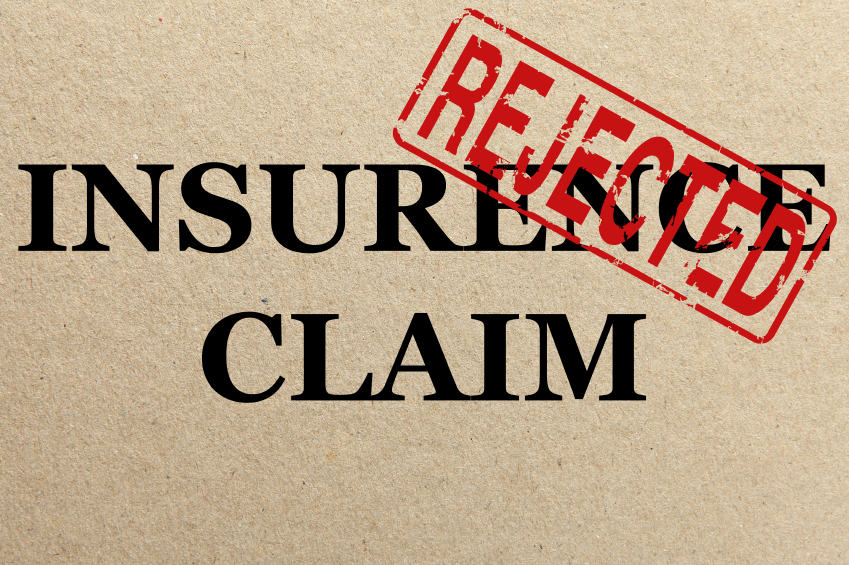3 Common Claims Your Home Insurance May Not Cover

Termite infestations, a common claim often not covered by home insurance, causes $5 billion in damage in the U.S. each year. While your home may have insurance, you may not have termite coverage and will have to pay out of pocket. (For more information, read our “Does Home Insurance Cover Termite Damage?“).
There are other common claims that standard home insurance policies generally do not cover. We’ve outlined three of them to help you know what to think about when you are comparing policies so you can be prepared for any situation.
Floods
In the past decade, events like Hurricane Katrina and the Colorado floods of 2013 reminded homeowners that most basic policies don’t cover flood damage.
According to home insurance companies, standard policies do not cover flood damage caused by an “act of nature”, such as a hurricane, heavy rainfall, and overflowing rivers. If the flooding occurs because of hail damage, this coverage can be denied as well due to the fact that they were “simultaneous events”, meaning that likely neither will be covered.
If you live in a flood zone, it may be mandatory that you purchase additional flood coverage. But even if it’s not required, you may want to seriously consider this type of insurance to protect your home and belongings.
Mold
Mold is not only unsightly, but it causes damage to your home and poses health risks for your family. The Center for Disease Control and Prevention reports mold can cause breathing difficulties or symptoms similar to allergies. (For more information, read our “Understanding Homeowners Insurance Coverage For Mold: Your Questions Answered“).
Despite these health risks and the potential cost of repairing your home, a standard homeowners insurance policy will usually either limit mold coverage or not include it at all. Some may offer this type of coverage, but you may have to pay a premium for it. If you live in an area prone to flooding or a home that is susceptible to water leaks, mold coverage may be something to look into or risk paying for the damage out of pocket.
The best way to take care of mold damage, insured or otherwise, is preventing it in the first place. Know the parts of your home that may be vulnerable to leaking water and promptly fix it.
Read more: Does Home Insurance Cover Water Damage?
Sewer Backup
Some sewer lines in America are more than 100 years old and, the older they get, the more likely a pipe will back up or erupt, possibly into your home. Everything from heavy rainstorms and tree roots can cause blockages, and the backup can end up damaging your floors, furniture, walls, and even electrical systems.
Standard home insurance policies do not cover sewer backups, so if you live in an area with old piping, particularly one where backups are common, extra insurance may be available to offer protection for these risks. According to the Insurance Information Institute, this type of damage can often be covered for as little as $40 to $50 extra per year on your policy.
Know your home and neighborhood and the common issues in your area. Realizing the risks you face can help you decide which types of insurance you want to pay for and make the most sense for your home.
If you worry that your homeowners insurance policy doesn’t cover all of your needs for home safety and protection, give us a call to learn more and have all of your questions answered by experts who are here to help.
Free Insurance Comparison
Enter your zip code below to view companies that have cheap insurance rates.
Secured with SHA-256 Encryption
